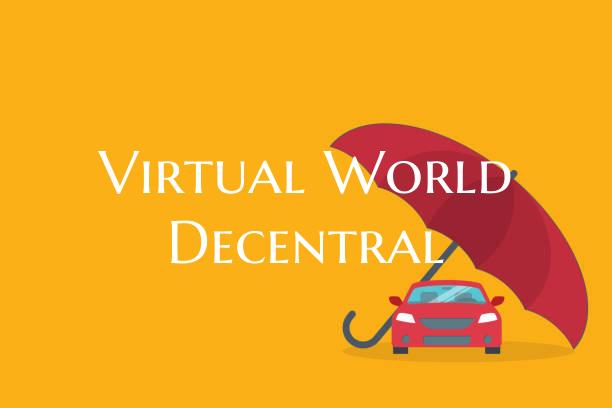Virtual World Decentral
In recent years, the concept of decentralization has become a major talking point across various industries, including the realm of virtual worlds. Virtual World Decentralization represents a groundbreaking shift in how virtual environments are structured and governed, offering a host of benefits that promise to redefine the way we interact with and experience digital spaces.
At its core, Virtual World Decentralization leverages blockchain technology and distributed networks to create open, transparent, and autonomous virtual ecosystems. By eliminating the need for centralized authorities and intermediaries, users are empowered to take control of their virtual identities, assets, and interactions, leading to a more democratic and inclusive virtual experience.
One of the key advantages of Virtual World Decentralization is its impact on ownership and control. Through the use of blockchain-based protocols, users can securely own and trade virtual assets, such as digital currencies, in-game items, and land parcels, without the fear of censorship or manipulation by centralized entities. This not only gives users full control over their digital possessions but also opens up new avenues for creativity, collaboration, and economic opportunities within virtual worlds.
Furthermore, decentralization enables greater privacy and security for users, as it eliminates the reliance on centralized servers that are vulnerable to hacks and data breaches. By distributing data and processing power across a network of nodes, virtual worlds can become more resilient to cyber threats and provide users with a higher level of trust and transparency in their online interactions.
In addition to these practical benefits, Virtual World Decentralization also has far-reaching implications for the concept of sovereignty and governance within virtual communities. By enabling consensus-based decision-making and self-governing mechanisms, decentralized virtual worlds empower users to have a direct say in the rules, policies, and norms that govern their online interactions, fostering a sense of ownership and responsibility among community members.
As Virtual World Decentralization continues to gain traction in the tech and gaming industries, it is clear that the concept has the potential to revolutionize the way we perceive and engage with virtual environments. By harnessing the power of blockchain technology and distributed networks, decentralized virtual worlds have the power to democratize access, foster innovation, and create more equitable and inclusive online spaces for users worldwide.
